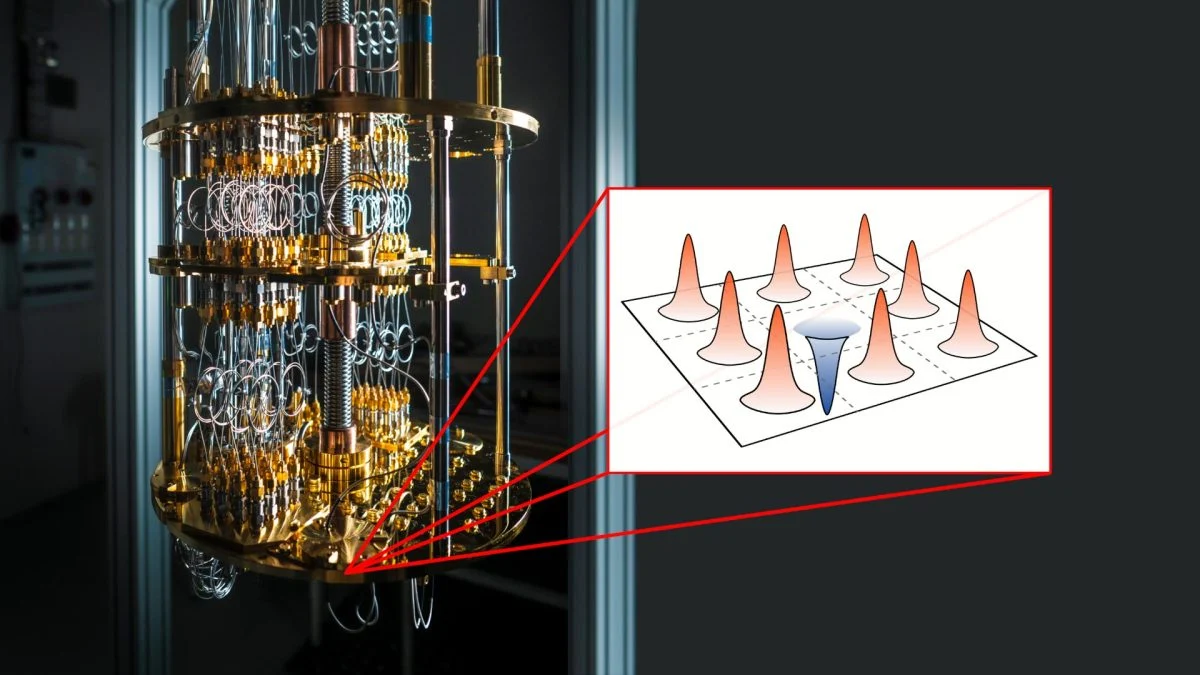A groundbreaking development in quantum computing emerged as a multinational team of scientists unveiled a new algorithm capable of enabling ordinary computers to accurately mimic fault-tolerant quantum circuits. Announced on July 3, 2025, this innovation addresses a long-standing challenge in quantum computing: ensuring reliability in complex computations. The breakthrough, detailed in a study published by ScienceDaily, has the potential to reshape industries ranging from cryptography to pharmaceuticals by making quantum computing more accessible and practical.
The research team, comprising experts from leading institutions worldwide, developed an algorithm that bridges the gap between classical and quantum computing. Unlike previous methods, this algorithm allows standard computers to replicate the behavior of fault-tolerant quantum circuits, which are designed to maintain accuracy despite errors—a critical hurdle in quantum systems. By simulating these circuits, researchers can test and refine quantum processes without requiring expensive, specialized quantum hardware. This development is seen as a pivotal step toward scaling quantum computing for real-world applications.
“This algorithm opens new doors for quantum research,” said Dr. Elena Martinez, a lead researcher on the project. “By enabling classical computers to model quantum systems reliably, we’re not only accelerating development but also democratizing access to quantum technology.” The study highlights that even small-scale quantum computers, when paired with this algorithm, can outperform traditional systems in specific tasks, such as optimizing machine learning models.
The implications of this breakthrough are far-reaching. In healthcare, for instance, quantum computing could enhance drug discovery by simulating molecular interactions with unprecedented precision. In cybersecurity, it could lead to stronger encryption methods, countering the threat of quantum-based attacks. Additionally, industries like logistics and materials science stand to benefit from optimized algorithms that tackle complex problems beyond the reach of classical computers.
The announcement comes at a time when the United States is intensifying its focus on quantum technology. The Texas Quantum Initiative, signed into law on June 30, 2025, aims to foster advancements in quantum computing, networking, and sensing, positioning states like Texas as hubs for innovation. This federal and state-level support underscores the strategic importance of quantum research in maintaining U.S. leadership in technology.
While the algorithm is a significant milestone, challenges remain. Scaling quantum systems to handle larger datasets and ensuring compatibility with existing infrastructure are ongoing priorities. Nevertheless, the research team is optimistic, with plans to refine the algorithm and integrate it into existing quantum platforms by mid-2026.
The scientific community has hailed this development as a testament to collaborative innovation. As quantum computing moves closer to practical implementation, this algorithm could serve as a cornerstone for future advancements, solidifying the United States’ role as a global leader in next-generation technology.

